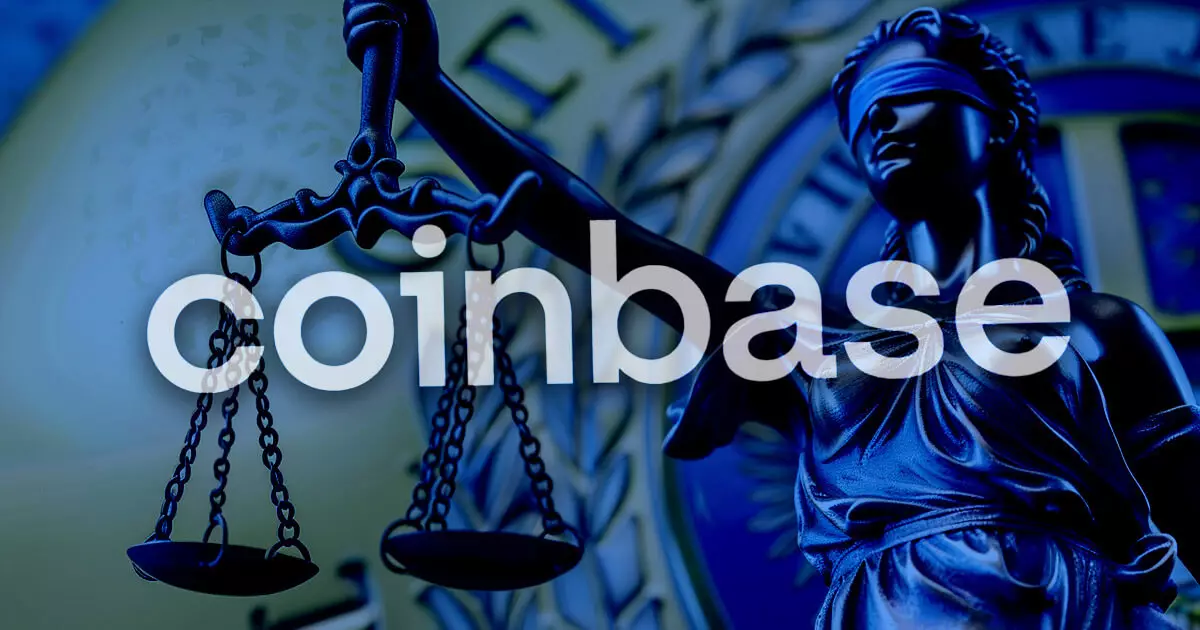The ongoing legal dispute between Coinbase and the US Securities and Exchange Commission (SEC) has emerged as a critical moment for the cryptocurrency industry. Coinbase has initiated a motion for partial summary judgment aimed at unlocking internal SEC documents. This effort seeks to gain insights into the regulatory body’s enforcement tactics, a move that could significantly influence how crypto companies operate under existing laws. This case arises from a series of Freedom of Information Act (FOIA) requests by History Associates—an advisory firm hired by Coinbase to expose the SEC’s regulatory stance on digital assets.
The SEC’s response to the FOIA requests has raised eyebrows. Initially, the agency used FOIA Exemption 7(A) to block access to documents, arguing that they were related to ongoing law enforcement activities. This rationale, however, has been called into question. In a surprising twist, the SEC later conceded that the exemption might not be applicable, yet it continues to delay the release of documents for an extended three-year period. This tactic has sparked skepticism, particularly from History Associates, which views the delays as excessive and unwarranted. The core of this issue lies in the need for transparency in the regulatory process, especially when the rules governing the crypto landscape remain ambiguous.
In light of these challenges, Coinbase has put forward a strategic plan. The exchange’s proposal involves a dual-track review process, prioritizing the examination of internal SEC communications while sidelining third-party records for later scrutiny. This tactical shift underscores Coinbase’s determination to navigate the convoluted regulatory environment and establish a framework for understanding how securities laws apply to digital assets. Furthermore, the lawsuit emphasizes the urgent need for clarity regarding which tokens should be classified as securities—a critical concern for many businesses in the sector.
Coinbase’s legal efforts are not happening in a vacuum; they are informed by historical precedents. A pertinent example is the SEC’s 2018 enforcement action against Zachary Coburn, the founder of the decentralized exchange EtherDelta, which was classified as an unregistered national securities exchange. Coburn faced charges that culminated in nearly $400,000 in penalties. This case serves as a cautionary tale for cryptocurrency companies, illustrating the potential repercussions of vague regulatory guidelines and the SEC’s expansive interpretation of its authority.
At its core, Coinbase’s lawsuit represents a broader challenge to what many stakeholders perceive as excessive regulatory overreach by the SEC. The lack of definitive rules governing the classification of cryptocurrencies creates an atmosphere of uncertainty, making it increasingly difficult for companies to operate without fear of litigation. As the legal proceedings unfold, the outcome could pave the way for significant changes in how crypto assets are regulated, potentially reshaping the entire industry landscape.
The ongoing litigation epitomizes the struggle for clarity and fairness within the evolving world of cryptocurrency regulation. Coinbase’s pursuit of transparency and accountability in the regulatory framework is vital for fostering innovation and growth in the crypto market.

